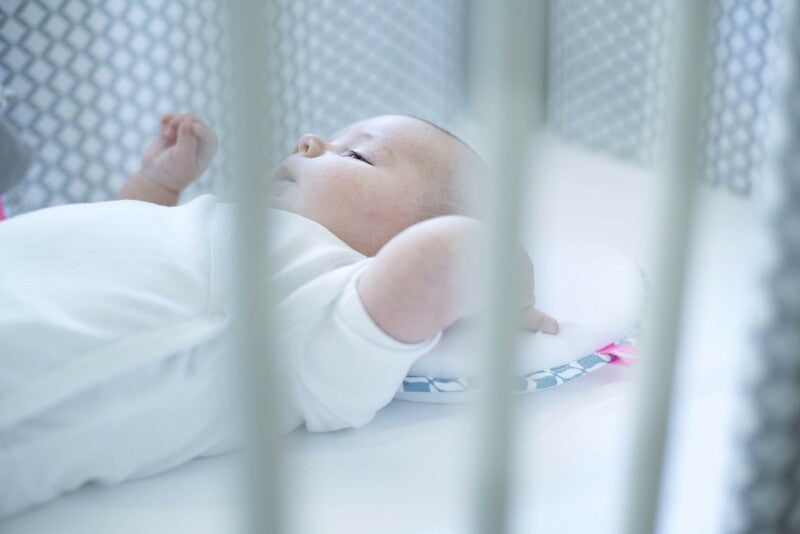Hiccups in babies: how to calm it down
It happens very often that hiccups occur in babies. Sometimes there are days that seem to be characterized by hiccups that pass and then come back frequently.But what is hiccups, why does it come and why does it seem that children suffer from it more than adults?
Hiccups in children causes
Our baby's hiccups are nothing more than an involuntary contraction of the diaphragm. The characteristic sound produced by hiccups is given by an interruption of the air following the closure of the glottis.
The cause of hiccups is an irritation of the phrenic nerve that starts in the brain and reaches different parts of the body. Increased carbon dioxide, caused for example by ingesting air while chewing, soda pop, or eating too much or too quickly, causes hiccups.
Hiccups in children what to do
Hiccups are a frequent occurrence in our baby's life and usually do not cause any concern except in those cases in which it becomes prolonged and frequent. In such circumstances, in fact, it can be associated with abdominal trauma or diseases affecting the stomach and digestive tract in general.
Hiccups are generally a rapid episode, but if they do not spontaneously regress in a short time, a medical intervention will be required consisting of compressing the phrenic nerves by manual operations.
However, there are some simple tricks to try to stop hiccups as quickly as possible.
• Lemon drops;
• Keep the breath;
• Drink on the opposite side of the glass.
If we keep in mind that hiccups can be caused by the ingestion of hot or irritating foods, it will be sufficient to give the child a few drops of lemon.
Another classic trick is to hold your breath for a few moments in order to increase the carbon dioxide circulating in the blood.
Another method to increase the level of carbon dioxide, also very effective but certainly less known, is to drink on the opposite side of the glass.
It consists in not placing the lips on the side of the glass closest to the mouth, but on the opposite side by bending the torso forward. In this way, the torso is not kept in an upright position, but bends forward and consequently the rhythm of breathing slows down, the level of carbon dioxide in the blood increases and the annoying hiccup stops. In some cases the hiccups can have origins of a psychological nature and even last for months. In this case we will talk about hysterical hiccups.






Leave a comment